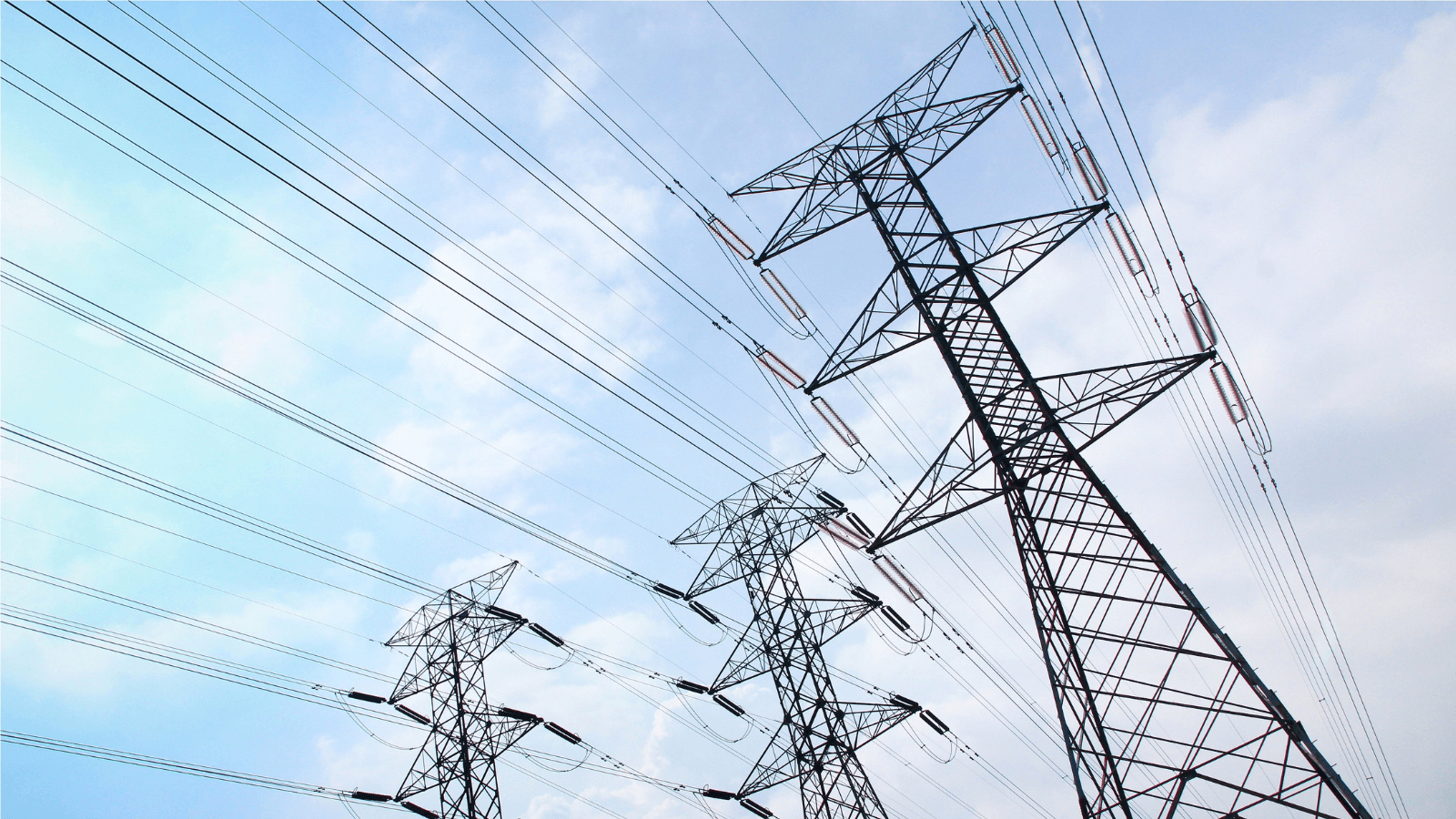
Matthew 7:12
“So in everything, do to others what you would have them do to you, for this sums up the Law and the Prophets.”
Today, Senator John Hickenlooper (D-CO) and Representative Scott Peters (D-CA) introduced the bicameral Building Integrated Grids with Inter-Regional Energy Supply (BIG WIRES) Act. The BIG WIRES Act would spur the development of interregional transmission lines to connect our fragmented and disconnected regional grids in our country and will help increase energy reliability, lower costs, and defend life from the harms of prolonged blackouts during extreme weather conditions.
In response, EEN President/CEO Rev. Dr. Jessica Moerman released the following statement:
“EEN applauds Sen. Hickenlooper and Rep. Peters for their leadership introducing the BIG WIRES Act. Recent extreme weather disasters, like this summer’s extreme heat waves and Winter Storm Uri, have tragically shown that blackouts are a matter of life and death. As evangelicals committed to defending life and livelihoods, we must connect our nation’s patchwork of regional electric grids through interregional transmission to enable our energy regions to be good neighbors to each other during times of need. The BIG WIRES Act is a big step in the right direction.”
Background
Interregional transmission upgrades are not only critical for advancing grid reliability but for defending life as increasingly frequent and severe weather events cause prolonged blackouts across American towns and communities. The good news is that many of our energy producing regions – including both renewable powerhouses and baseload hubs – have excess energy that could be shared with neighboring regions in-need if connected through interregional transmission lines.
Because our country’s regional electricity grids are disconnected, interregional energy sharing cannot happen. This leads to an economic inefficiency since one region can have a shortage with high prices while another has a surplus with low prices: yet there is no way for the two regions to trade for the benefit of both.
Fragmentation of our grid is not just an economic problem. When a region is hit with extreme weather events that increase demand for electricity and simultaneously shut down generators, brownouts or blackouts can occur. While this may seem like a minor inconvenience for most, recent weather disasters like Winter Storms Uri and Elliott and this summer’s heat waves have tragically shown that blackouts are a matter of life and death.
The BIG WIRES Act introduces a new “minimum transfer requirement” so that regions have the ability to import at least 30% of their peak electricity demand from other regions. The BIG WIRES Act gives each region the flexibility to decide how best to achieve this standard through a variety of solutions, including building more interregional lines, increasing power generation to meet their peak demand, or even using energy efficiency to lower their peak demand.






